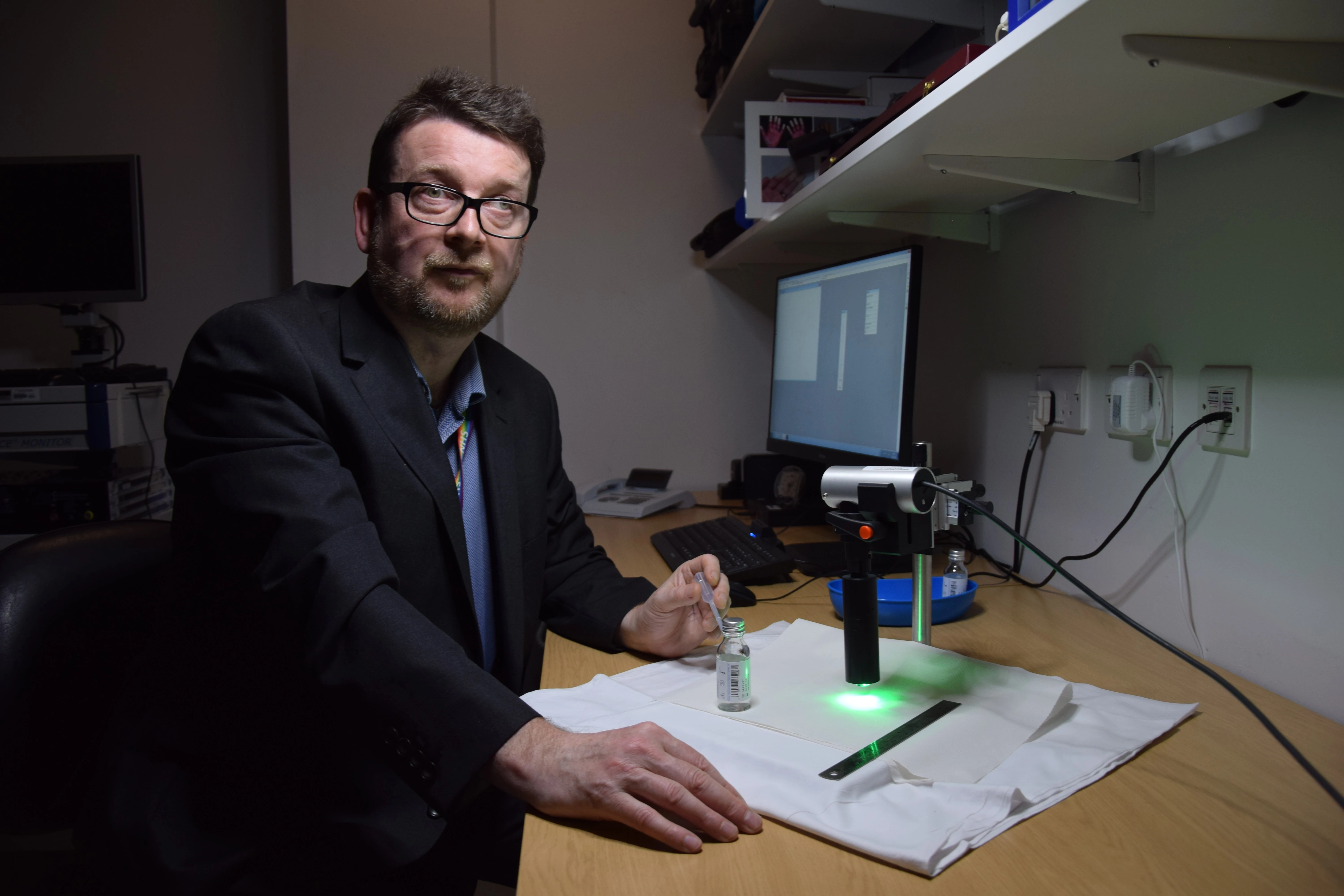
Partner Article
Coventry University research at new facility could help detect circulatory diseases faster
New research from Coventry University could help detect circulatory diseases in patients much faster through novel imaging and sensing techniques.
The University’s Centre for Intelligent Healthcare (CIH) has established a specialist research facility at its Technology Park which is investigating the benefits of new equipment and techniques that could be used for microvascular imaging – generating pictures of the body’s smallest blood vessels.
The research will focus on how changes in our circulatory systems can be linked to early-stage disease including diabetes, cancer, autoimmune conditions and ageing of the arteries.
Researchers will investigate how different colours of light can accurately assess blood flow, its temperature and composition, which can all help to detect circulatory problems non-invasively and cost-effectively.
The research will investigate new ways to assess the severity of the Raynaud’s phenomenon – a circulatory condition which causes fingers and toes to change colour when cold or anxious. While rarely considered serious on its own, it can sometimes be the first sign of more severe conditions.
Professor John Allen, Professor of Biosensors and Bioinstrumentation at the CIH and a former senior Clinical Scientist at Newcastle’s Freeman Hospital, is leading the research at the new facility.
The research will be carried out in collaboration with consultant clinicians including rheumatologists at University Hospitals Coventry and Warwickshire and will look at how practical applications of the research could be used in the NHS.
Prof Allen said: “Detecting Raynaud’s quickly and taking subsequent tests to determine if a patient has a more serious condition, such as Systemic Sclerosis, is incredibly important.
“Such conditions should not be left undiagnosed, as they can significantly affect the internal organs of the body as well as the skin. Raynaud’s can be an early symptom of such an underlying condition.
“The new technology will also help us to study conditions such as diabetes and cancer in novel ways.
“Our tests are not only about the diagnostic techniques themselves, but also to make them more affordable and accessible and therefore more likely to be adopted by healthcare providers. We will be working alongside UHCW and other national and international collaborators to inform this aspect of our research.”
Coventry University’s research is not only uncovering better diagnostic techniques, but also has applications in assessing health and wellbeing.
The concept of ‘vascular age’ – a metric of circulatory fitness measured by studying the stiffness of arteries or their reactivity - is a topic of international interest.
It is currently difficult to measure this reliably, so Coventry University is teaming up with other scientists, engineers and clinicians, through groups such as VascAgeNet, to discuss and develop low-cost accessible ways of assessing the health of one’s circulation.
Prof Allen added: “The techniques we are using not only detect abnormal blood flow, but can accurately assess high-quality blood flow as well at very low costs.
“While the initial intention of our research was for clinical applications including Raynaud’s, it’s fantastic that other avenues of research are opening up in the field of microvascular imaging and sensing.”
This was posted in Bdaily's Members' News section by Matt Joyce .




 test article 123456789
test article 123456789
 hmcmh89cg45mh98-cg45hm89-
hmcmh89cg45mh98-cg45hm89-
 test456456456456456456
test456456456456456456
 test123123123123123123
test123123123123123123
 test xxxdiosphfjpodskhfiuodsh
test xxxdiosphfjpodskhfiuodsh
 Savour the flavour: North Tyneside Restaurant Week returns for 2024
Savour the flavour: North Tyneside Restaurant Week returns for 2024
 Six steps to finding the right buyer for your business
Six steps to finding the right buyer for your business
 Stephen signs off on a special night
Stephen signs off on a special night
 Life’s a Peachaus: Gillian Ridley Whittle
Life’s a Peachaus: Gillian Ridley Whittle
 Making a splash: Phil Groom
Making a splash: Phil Groom
 Making workplace wellbeing a priority
Making workplace wellbeing a priority
 A record of delivery, a promise of more: Ben Houchen
A record of delivery, a promise of more: Ben Houchen